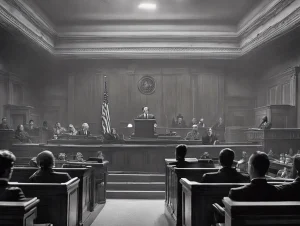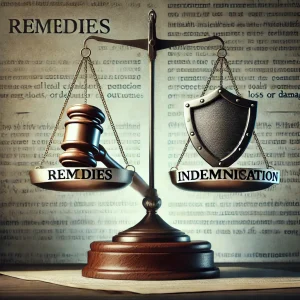In the active voice the subject of the sentence performs the action. In the passive voice the subject is acted upon. The active voice requires fewer words and tracks how people think.
Passive: This contract may be terminated at any time by either party on thirty day’s written notice to the other party. (20 Words).
Active: Either party may terminate this contract on thirty day’s written notice to the other party. (15 words).
I believe there is only ONE circumstance in which a lawyer should use the passive voice in writing, and that is when you want to hide the blame for something.
Active: My client made a mistake.
Passive: Mistakes were made. (But I’m damn sure not going to admit my client made them).
Even Better Passive: Mistakes may have been made.
I’ve seen others argue that it is also appropriate to use the passive voice when you don’t know who performed the action. For instance if you know the Governor was informed that the legislature had passed a bill, but you don’t know who informed the Governor, you could write, “The Governor was informed that the legislature had passed the bill.”
However, I disagree with this use of the passive voice. You could accomplish the same goal by writing, “The Governor learned the legislature had passed the bill.” Under this approach you use the active voice to focus in what is important — what the Governor learned. How the Governor learned it is probably not important, but if it is important, take the time to find out who informed the Governor so that you will better understand the sequence of events.
So remember: There is only one situation in which a lawyer should use the passive voice, and that is when you want to hide the blame for something.





